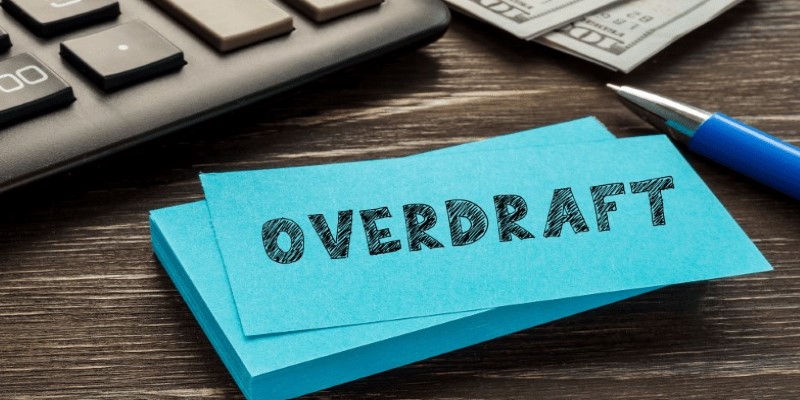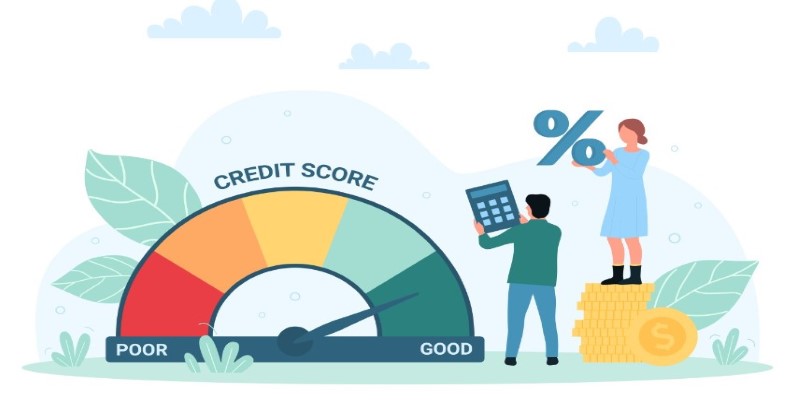Starting a financial plan with no credit history is like trying to climb a mountain without oxygen. Credit cards are among the simplest most efficient ways to build up a good credit rating. However traditional credit cards may not accept applicants with no credit. Fortunately, for the new entrant, there are always basic credit cards that are easy to understand. In this article, we will discuss some of the best credit cards for individuals who need a suitable credit card to rebuild their credit rating.
Why Choose Alternative Credit Cards?
 It is very important to start to build credit from zero to be financially empowered. When one does not have a credit score they will find it hard to access loans, get an apartment to live in, or even get certain kinds of employment. There exist other low credit card products that are offered to those who want to build or rebuild their credit without a lot of credit protocol used. These come with many small limits and reasonable fees which makes them good for the newbies.
It is very important to start to build credit from zero to be financially empowered. When one does not have a credit score they will find it hard to access loans, get an apartment to live in, or even get certain kinds of employment. There exist other low credit card products that are offered to those who want to build or rebuild their credit without a lot of credit protocol used. These come with many small limits and reasonable fees which makes them good for the newbies.
Key Features of Alternative Credit Cards
When looking for an alternative credit card, keep these features in mind:
- No Credit Check: Many alternative cards do not require a credit history.
- Low or No Fees: Avoid cards with high annual fees or hidden charges.
- Credit Building Reports: Ensure the card issuer reports your activity to credit bureaus.
- Simple Eligibility Criteria: Some cards accept applicants with minimal income proof or employment history.
Best Alternative Credit Cards for No Credit
When embarking on your credit-building journey, selecting the right card is essential. Here are top alternative credit cards tailored for individuals with no credit history.
1. Secured Credit Cards
Secured credit cards are excellent for individuals with no credit. They require a refundable security deposit, which acts as your credit limit. For example, if you deposit $200, your credit limit will typically be $200.
Pros:
- Easy approval process
- Helps establish credit history
- Refundable deposit
Cons:
- Requires an upfront deposit
- Lower credit limits
Popular options include:
- Discover it Secured Card: No annual fee and cash-back rewards.
- Capital One Platinum Secured Card: Offers higher credit limits with responsible use.
2. Student Credit Cards
Student credit cards are designed for college students with little to no credit. These cards often come with perks like cash-back rewards, discounts, and manageable credit limits.
Pros:
- Low fees or no annual fee
- Tailored for students with no credit history
- Often includes educational tools for credit management
Cons:
- May require proof of student status
- Limited to young adults
Recommended cards:
- Chase Freedom Student Card: Offers rewards and no annual fee.
- Bank of America Cash Rewards for Students: Provides customizable rewards categories.
3. Store Credit Cards
Store credit cards are specific to certain retailers and can be easier to qualify for compared to traditional cards. They allow users to build credit while shopping at their favorite stores.
Pros:
- Easy approval
- Offers exclusive discounts and promotions
Cons:
- Limited usability (only at specific stores)
- High-interest rates if balances arent paid in full
Examples:
- Target REDcard: Provides discounts on Target purchases.
- Amazon Store Card: Offers rewards for Amazon Prime members.
Tips for Choosing the Right Alternative Credit Card
Choosing the right alternative credit card is a crucial step on your journey to building credit. Here are some essential tips to guide you in making the best decision.
Evaluate Your Financial Goals
Think about why you need a credit card. If your goal is to build credit, prioritize cards that report to all three major credit bureaus (Equifax, Experian, and TransUnion).
Compare Fees and Interest Rates
Some alternative credit cards come with hidden fees or high APRs. Look for cards with low or no annual fees and manageable interest rates to avoid unnecessary expenses.
Check Credit Limits
Start with a card that offers a credit limit appropriate for your budget. Gradually increasing your credit limit as you establish trust with the issuer can further boost your credit score.
Read Reviews
Before applying, read reviews from other users to understand the cards reliability, rewards, and customer service.
How to Use Your Alternative Credit Card Effectively
 Using your alternative credit card wisely is essential to maximize its benefits. Here are some strategies to help you get the most out of your card while building a solid credit history.
Using your alternative credit card wisely is essential to maximize its benefits. Here are some strategies to help you get the most out of your card while building a solid credit history.
Make Timely Payments
Paying your balance in full each month is crucial to avoiding interest charges, which can quickly add up and become a financial burden. By consistently making timely payments, you not only save money but also build a positive payment history, which is a key factor in maintaining and improving your credit score. Setting up automatic payments or reminders can help ensure you never miss a due date.
Monitor Your Credit Utilization
Your credit utilization ratio, the percentage of your credit limit that you are using, plays a significant role in your credit health. It is advisable to keep this ratio below 30% of your credit limit to demonstrate responsible credit management. For instance, if your credit limit is $200, aim not to exceed $60 in charges. Regularly reviewing your credit card statements can help you stay on top of your spending and maintain a healthy credit utilization rate.
Track Your Credit Score
Monitoring your credit score progress is essential for understanding how your financial habits affect your creditworthiness. Utilizing free tools or apps can provide insight into your score fluctuations and alert you to any potential issues. Many credit cards offer free credit score tracking as a benefit, allowing you to keep tabs on your financial health and make informed decisions about your credit usage.
Avoid Unnecessary Debt
Spending only what you can afford to pay back each month is a fundamental principle of sound financial management. Carrying a balance can lead to accruing high-interest payments, which can quickly spiral out of control and damage your credit score. By living within your means and avoiding unnecessary debt, you protect your financial well-being and creditworthiness. Consider creating a budget to track your expenses and ensure you spend within your limits.
Conclusion
Starting with no credit doesnt mean youre out of options. Alternative credit cards, such as secured, student, or store cards, provide a great foundation for building your credit history responsibly. By choosing the right card and using it wisely, you can establish strong financial habits and unlock better financial opportunities in the future. Always compare features, fees, and benefits to find the card that best aligns with your needs. Take the first step toward building your credit todayresponsible credit use will pave the way for a secure financial future.






